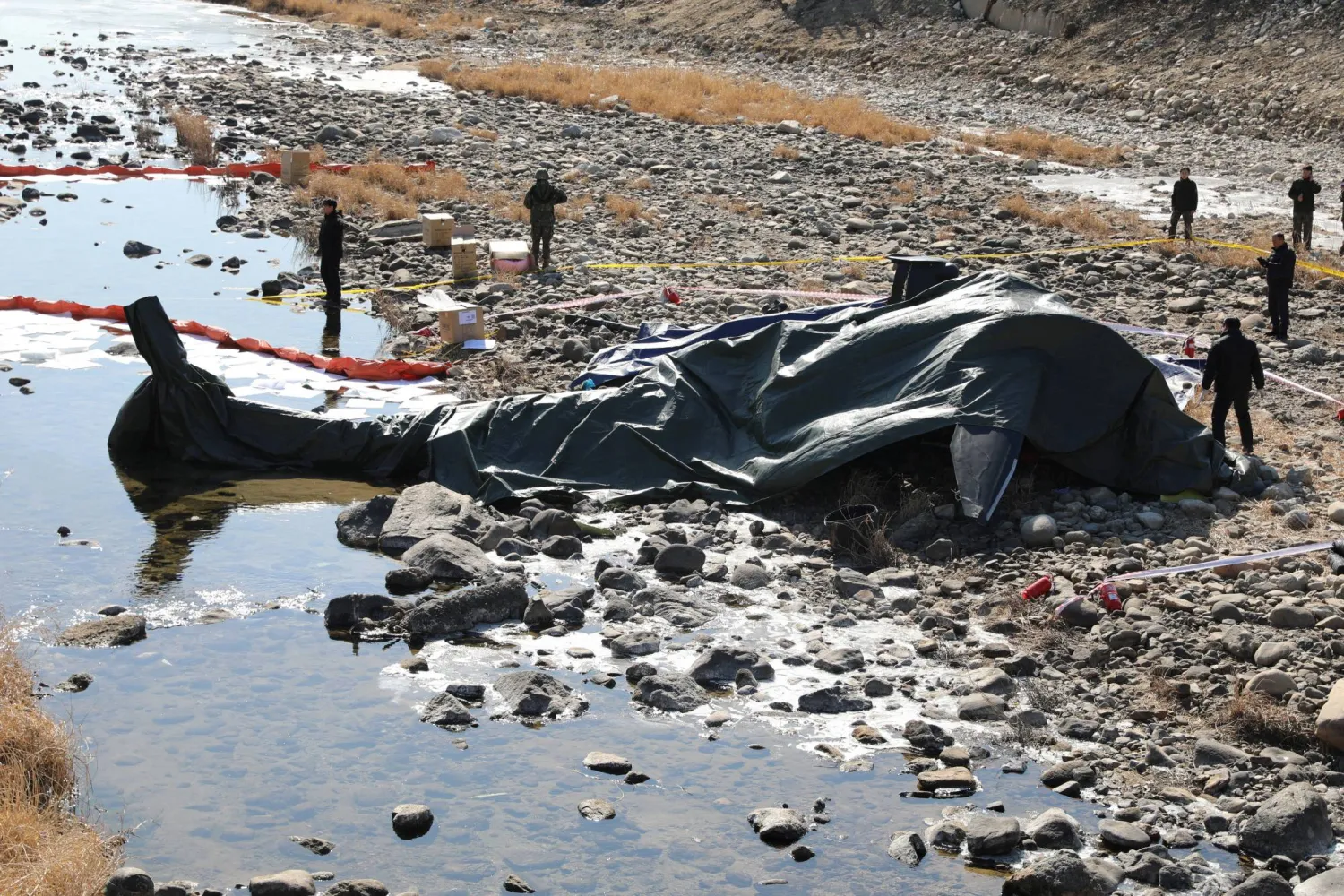Member of Israeli Knesset Iman al-Khatib Yassin will replace lawmaker Saeed al-Kharumi who died earlier this week, becoming the first veiled woman in the ruling coalition in Israel.
According to the Knesset bylaws, Khatib will replace Kharumi. She is from Yafa of Nazareth and was elected to the Knesset in 2020. She became the first hijab-wearing member of the Israeli Knesset.
Kharumi, 49, died Tuesday night from a heart attack in southern Israel, according to his party.
The incident occurred after he had two long sessions with two Israeli ministers to approve plans for the rights of the Bedouin citizens in the Negev, which lasted until ten at night.
According to his assistant, Salah al-Qarnawi, he was pleased with the results of the meetings, which achieved several essential demands. He did not show any signs of illness.
Kharumi represented Raam, the United Arab Islamic Movement List, a member of the Israeli government coalition.
He disagreed with the movement's leader, Mansour Abbas, about some details of the government's program. He abstained in the confidence vote in June that brought the eight-party alliance to power.
Bennett, Foreign Minister Yair Lapid, and other coalition leaders met and persuaded him to remain in the coalition government.
He was elected chairman of the Interior Committee, which is considered a committee with powers in municipal issues and responsible for all Israeli municipalities, both Jewish and Arab.
Israeli President Isaac Herzog and other Israeli officials offered their condolences to his family and community.
Herzog tweeted that he was in pain and shock after receiving the news of Kharumi's death.
"I am in pain and in shock from the early passing of my friend Saeed al-Kharumi," Herzog tweeted, adding that "throughout his career, Saeed was an enlightening and wise public servant who was an outstanding representative of the Bedouin community in the Negev."
He spent years serving the Negev issues as chairman of the Supreme Steering Committee of Negev Arabs chairman of the Shaqib al-Salam Council, a representative of the Islamic Movement and the United Arab List in Parliament, and Chairman of the Knesset's Interior Committee.









